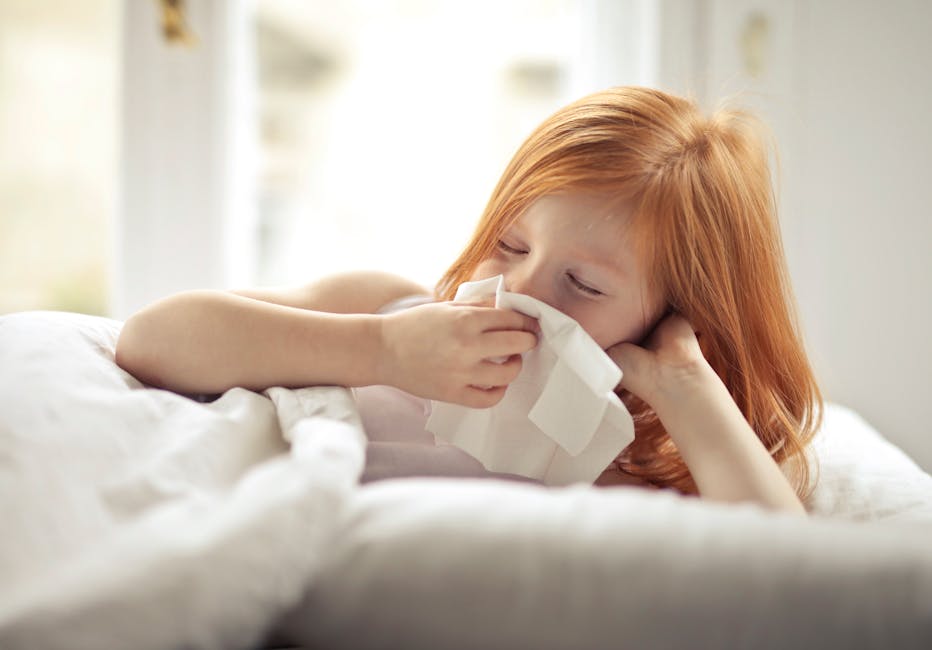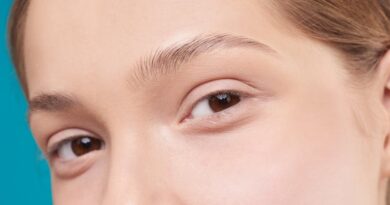Seasonal Allergies and Eye Health Tips
Did you know that over 50 million people in the U.S. suffer from allergies each year? Seasonal allergies can make your life uncomfortable, especially when they affect your eyes. This article will guide you through understanding seasonal allergies and provide tips to keep your eye health in check.
What Are Seasonal Allergies?

Seasonal allergies, often called hay fever or allergic rhinitis, occur when your body reacts to allergens in the environment. These allergens can include pollen from trees, grasses, and weeds. Symptoms can range from sneezing to itchy, watery eyes.
During spring and fall, these allergens are at their peak. This is when you might notice your symptoms the most. But don’t worry; there are ways to manage these irritating issues.
How Do Allergies Affect Your Eyes?

Your eyes can suffer a lot during allergy season. Allergens can cause the eyes to become red, itchy, and watery. This is known as allergic conjunctivitis. It may sound complicated, but it’s just your bodys way of reacting to something it doesnt like.
Many people rub their eyes when they feel itchy. This can make things worse. Rubbing your eyes can lead to more irritation and even infections. Remember, your eyes need special care, especially when allergies strike.
What Are Common Allergy Symptoms?

Understanding allergy symptoms can help you act quickly. Common symptoms include:
- Itchy eyes
- Red or swollen eyes
- Watery eyes
- Blurred vision
- Sneezing and runny nose
If you notice these symptoms, it might be time to take action. don’t ignore them! They can disrupt your daily life.
How Can You Protect Your Eyes from Allergies?

Knowing how to protect your eyes is key to enjoying life during allergy season. Here are some effective tips:
1. Stay Indoors on High Pollen Days
Check the pollen count in your area. On days when the count is high, try to stay indoors. Keep your windows closed and turn on the air conditioning to filter the air.
2. Wear Sunglasses
Wearing sunglasses outside can shield your eyes from pollen. it’s a simple way to reduce irritation. Choose wraparound styles for better coverage.
3. Use Eye Drops
Over-the-counter antihistamine eye drops can help relieve symptoms. They are easy to find at drugstores. Just follow the instructions on the label for safe use.
4. Keep Your Home Clean
Regular cleaning can help reduce allergens in your home. Dust and vacuum often. Use a vacuum with a HEPA filter to trap pollen and dust.
5. Avoid Rubbing Your Eyes
This can be hard, but try to avoid rubbing your eyes. Instead, use a cool compress to soothe irritation. Just place a clean cloth soaked in cool water over your eyes for a few minutes.
What About Medication?
Sometimes, lifestyle changes aren’t enough. This is where medication comes in. Antihistamines can help reduce your bodys reaction to allergens.
Consult your doctor before starting any new medication. They can recommend options that suit your specific symptoms. Over-the-counter choices include:
- Loratadine (Claritin)
- Cetirizine (Zyrtec)
- Fexofenadine (Allegra)
For more severe symptoms, a doctor might prescribe stronger medications or allergy shots. These can help your body build resistance to allergens.
Can Diet Help with Allergies?
Your diet can influence your overall health and how your body responds to allergens. Here are a few dietary tips:
- Stay hydrated to help your body flush out allergens.
- Eat foods rich in omega-3 fatty acids, like salmon or walnuts.
- Incorporate fruits and vegetables high in antioxidants, like berries and spinach.
These foods can support your immune system and may help reduce allergy symptoms.
When Should You See a Doctor?
If your symptoms are severe or don’t improve with over-the-counter treatments, it’s time to see a doctor. They can help determine if you have other conditions that might be causing your symptoms.
Also, if you experience sudden vision changes or intense pain, seek medical help immediately. These can be signs of a more serious issue.
What Are Some Common Misconceptions About Allergies?
Many people have myths about allergies that can lead to misunderstandings. Lets clear a few up:
- Myth: Allergies only happen in spring.
- Fact: Allergies can occur all year round, depending on what you are allergic to.
- Myth: You can outgrow allergies.
- Fact: Some people do outgrow certain allergies, but many continue to have them throughout life.
- Myth: Allergies are not serious.
- Fact: Allergies can lead to severe health problems if not managed properly.
Being aware of these misconceptions helps you better manage your allergies and eye health.
Conclusion: Take Charge of Your Eye Health!
Seasonal allergies can be a nuisance, but you can take steps to protect your eyes. From staying indoors on high pollen days to using medications, managing your symptoms is possible.
Keep your home clean, watch your diet, and don’t hesitate to seek help when needed. With the right strategies, you can enjoy life and reduce the impact of seasonal allergies on your eye health.
For more information on managing allergies, visit the American Academy of Allergy, Asthma & Immunology website at aaaai.org.



